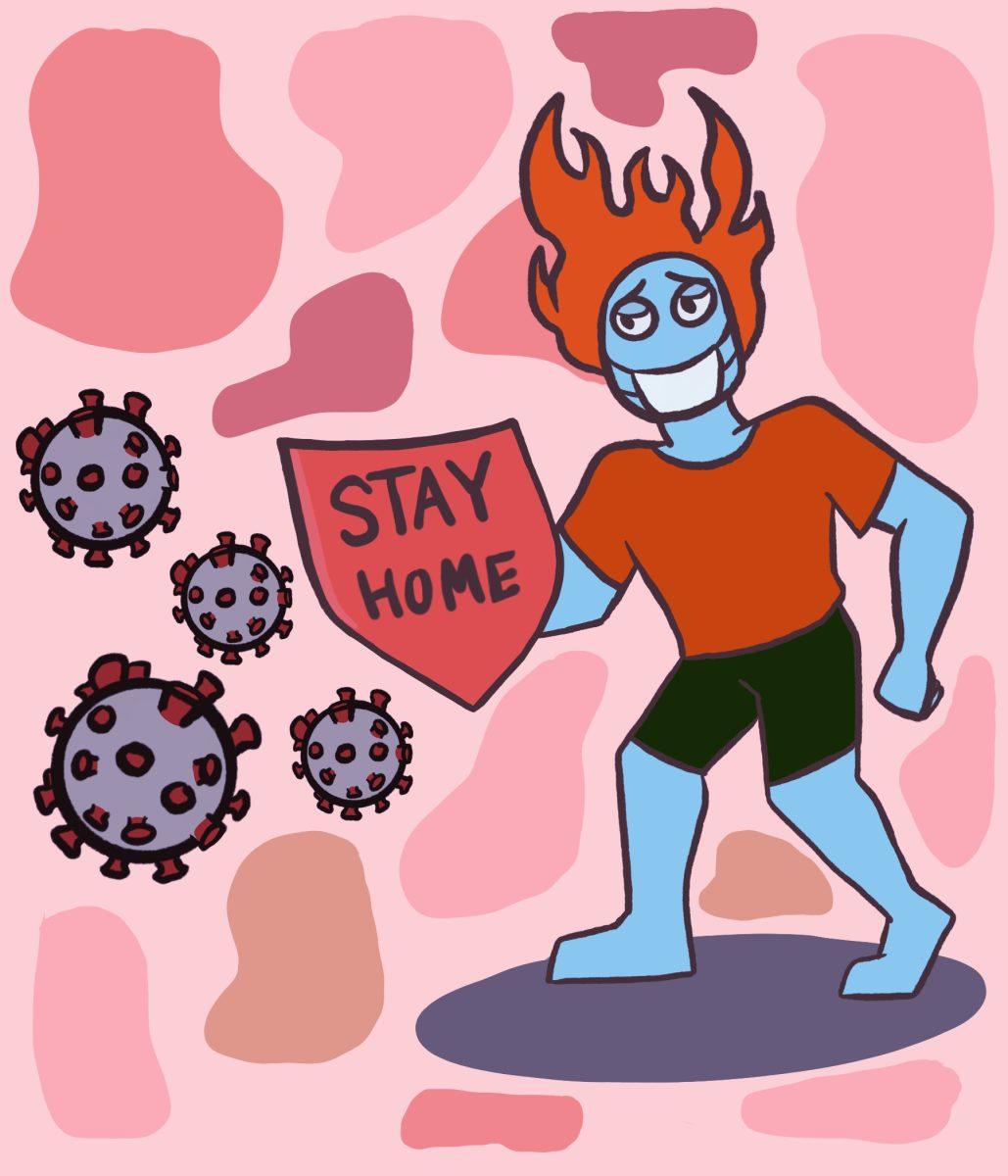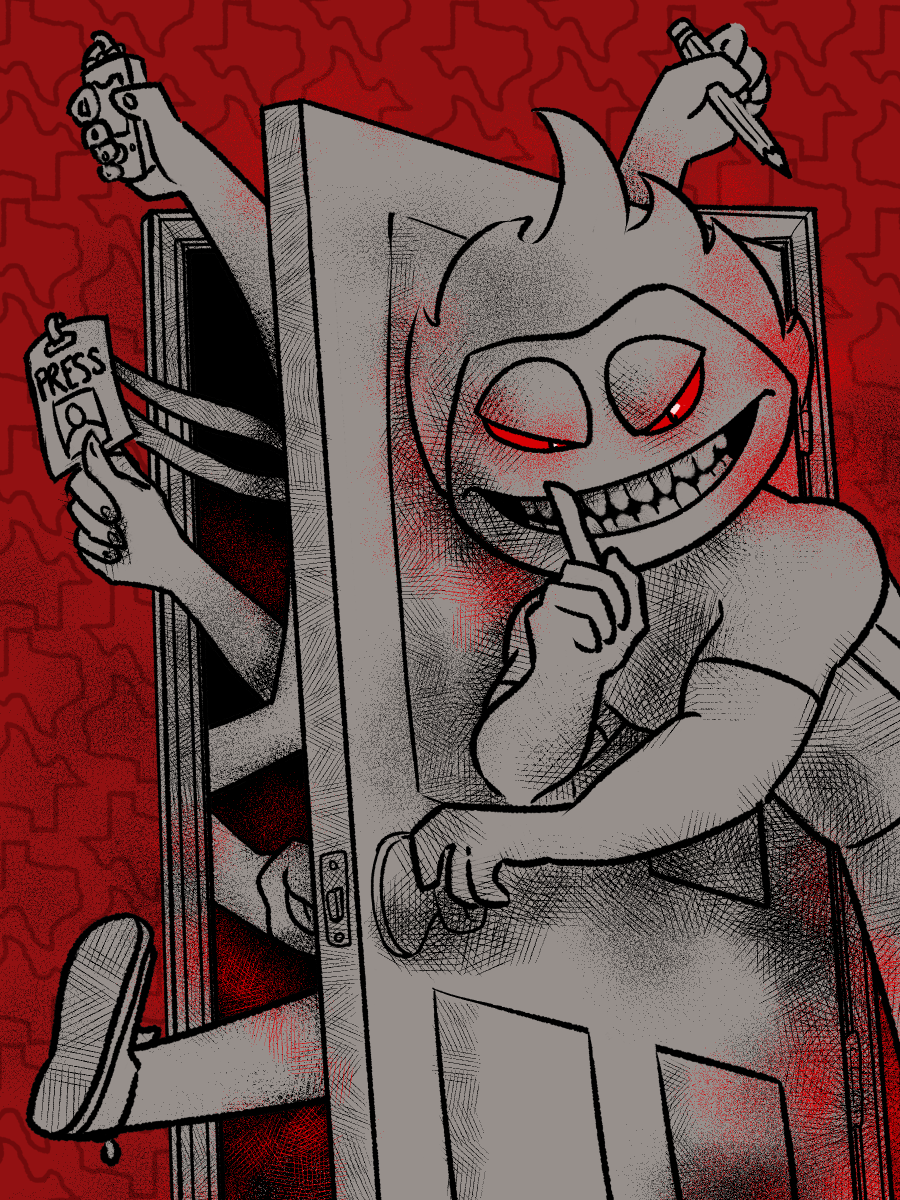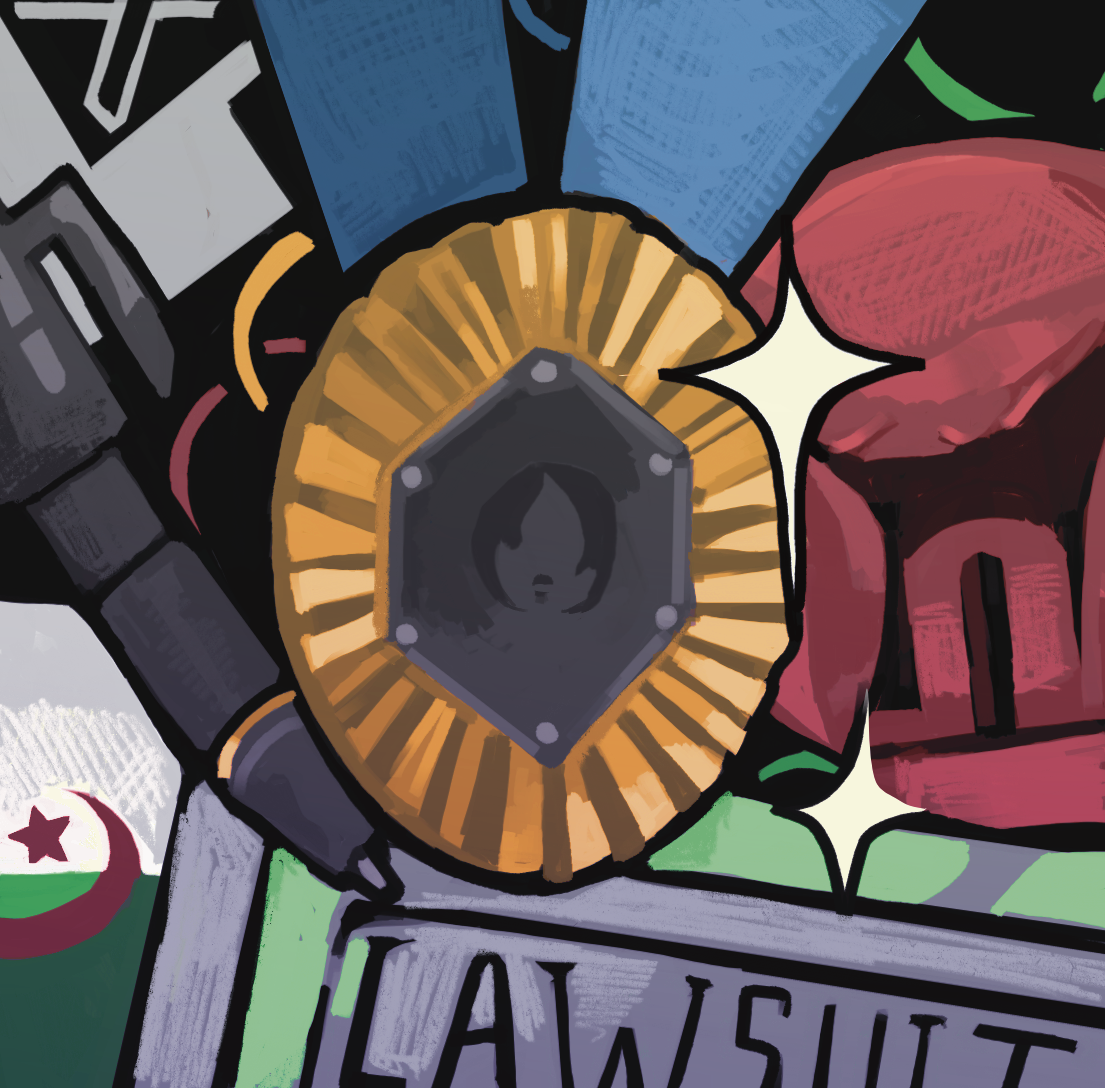Everything is bigger in Texas: from our unbridled Texas pride and vast expanses of land to our unwavering commitment to setting record single-day highs for coronavirus cases.
As public universities start to navigate plans for reopening campus to students in the fall, UTD has followed suit with many other public universities in providing an option for students to take classes online or in-person, while athletics are staged to resume. Unfortunately, UTD is not ready to reopen campus for in-person activities. Failures of Texas’s public health response and critical gaps in UTD’s fall reopening plans from lax mask enforcement, delays in test reporting and shortages in contact tracers mean that reopening UTD would be a dangerous mistake.
Mask compliance has become a heavily politicized issue in the United States, with governors of blue states like California mandating public mask use, and governors of red states like Nebraska refusing to mandate face masks in public. When it comes to enforcement of mask wearing at the state level, Governor Greg Abbott has gone from banning local governments from fining people for not wearing masks, to ordering the use of masks in counties with 20 or more COVID-19 cases. Reflecting this lack of consistency, universities like UTD, UT Austin and Texas State University are requiring masks but differ in how these policies are going to be enforced on campus. UTD is relying on “social pressure” and referrals of students and employees to disciplinary offices for violations while other universities have stated possible involvement of the police for on-campus visitors. However, mask enforcement is going to be difficult on a campus with thousands of students. Current proposals of relying on social pressure and referral to disciplinary offices are not swift enough to ensure that an infection doesn’t rapidly spread throughout our student body. As a public university, UTD policies fall under state law which gives administrators the authority to fine violators of mask wearing guidelines. However, it is unclear how UTD will address Governor Abbott’s new orders and if the mandatory mask order will still be in place during the fall semester.
Although preventing the spread of coronavirus through the use of masks is critical, availability of testing is a vital component of identifying sick students on campus. Unfortunately, Texas has failed at not only providing adequate testing but there are those who have gotten tested have faced critical delays in receiving their results. Although some commercial labs have reported turning around test results within 34-72 hours, some individuals have waited almost two weeks to receive their results. As cases surge, some counties have been warning their residents that test results may be delayed due to increased load on labs and limited supplies. Following the statements made in our most recent town hall, UT Dallas will not provide testing to faculty and staff, and students will have access to limited testing in the Student Health Center. In order to get tested, a student must show symptoms of coronavirus infection which include fever, chills and shortness of breath. Unfortunately, 25%-50% of COVID-19 carriers are asymptomatic and not eligible for testing, which means a student could unknowingly spread the infection to others and have no access to testing. A delay in the diagnosis of a small percentage of coronavirus cases on a university campus could mean the exposure of hundreds of students and faculty. Even if a student takes the right steps of identifying symptoms, lack of accessible on-campus testing sites and delayed result notification times could put many students at risk of getting infected.
When someone tests positive, it’s important that they self-isolate to prevent the spread of infection. An individual that tests positive is connected with a contact tracer who follows up every day and asks about the infected individual about locations that they have visited and reach out to people who could have been exposed. Texas has failed to reach its goal of recruiting 4000 contact tracers – with only 2,900 working full time. In fact, some models indicate that Texas may need more than 8,000 contact tracers to handle the number of cases in the state. With this short staffing of contact tracers, students, faculty, university staff and hundreds more have the potential to unknowingly spread the infection since they were not given ample notification to get tested or self-isolate. If Texas doesn’t have sufficient contact tracers to handle the capacity of coronavirus cases today, how will it have the capacity when an unpredictable number of students return to campus in the fall?
Despite the shortcomings of UTD’s plan for an in-person campus experience, one upside is that they are offering their students multiple options for taking classes. UTD is also reserving 10 University Village apartments for on-campus residents who have tested positive to self-isolate in and are offering limited numbers of masks for students on campus. However, with the potential for thousands of students returning to campus in the fall, limited numbers of masks and reservations of only 10 apartments in University Village will not suffice to limit the spread of this contagious disease. Although returning to campus is not a good idea, if any student wants to attend in-person, they should wear masks and observe proper social distancing, make sure that they have reliable transportation to testing locations, invest in hand-sanitizer and soap and be diligent about washing their hands and detecting possible symptoms of coronavirus.
As much as we would like to convince ourselves that coronavirus has become a thing of the past, it continues to be a real threat as hospitals in Houston are now reporting that they are expanding ICU bed occupancy. Texas’s public health response to the coronavirus has demonstrated unmitigated failures in our state leadership. From vacillating on mask enforcement guidelines and critical delays in delivery of test results to surges in the number of positive cases, Texas is not ready to re-open and neither is UTD.






